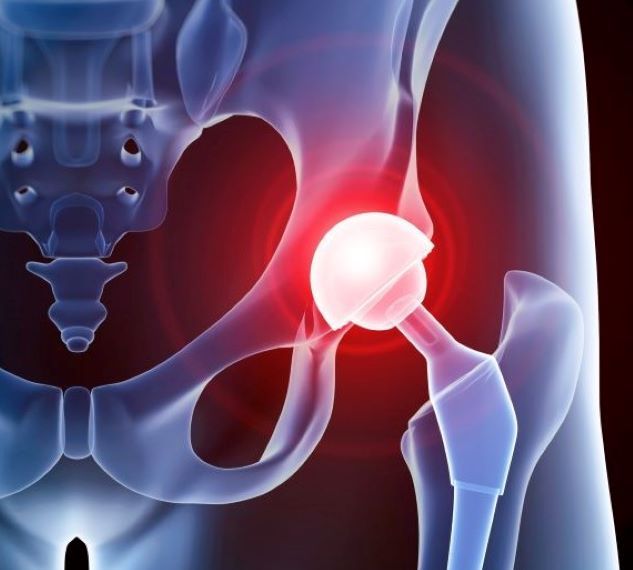Hip replacement surgery: the secret to success...

The main goal of a hip joint surgery is to achieve long-term results and to ensure the pain-free, good function of the hip joint for at least 10-15 years, which significantly improves the patient's quality of life.
Pros and cons
Those who argue in favor of anterior opening say that recovery after early surgery is faster, so the patient leaves the hospital and goes home sooner, and can do his daily activities sooner. Visibility is not so good during the front opening: it is technically much more difficult to operate on a more muscular, overweight patient, and the risk of bone fracture during surgery is also greater, in the case of osteoporotic patients. A special operating table is often required to perform the anterior opening correctly and to ensure the proper position of the limb. According to several studies, during anterior exploration, the bleeding seen during the operation is greater, so the risk of the patient receiving a blood transfusion after the operation is higher. Damage to a skin nerve can also occur more often with this opening, which supplies the lateral-frontal area of the thigh.
Posterior dissection is most common in Western countries, as it makes it easier and better to expose the hip joint, thereby making all anatomically important details more visible even to the assisting physician. In addition, this method does not damage the main moving muscles, and quick rehabilitation is also available and guaranteed here. Almost anyone can be operated on through a posterior opening, regardless of whether the patient is more muscular or overweight, or if the quality of the bones is poor or if they have osteoporosis. This method of exploration has been distinguished by outstanding patient safety indicators for several decades.
In Hungary, most hip replacement surgeries are performed with a lateral opening . During this, the muscle group (glutes) located on the side of the hip, which plays the most important role in the stability of the pelvis while walking, is separated from the joint. This type of surgery may have the longest average recovery period.
It is important to know that from the sixth week after the operation, the differences resulting from the individual explorations disappear!
From which opening are most surgeries performed?
A few years ago, a survey was conducted in which the type of surgical explorations was examined in 57 countries. According to the results, 45% of orthopedic surgeons operate the hip prosthesis from a posterior (posterior) opening, while 42% prefer a lateral (lateral) opening. 10% operate from an anterior opening, and 3% from another opening. In North America (USA, Canada) surgeons prefer the posterior opening, in Europe it is mainly used in England and the Scandinavian countries. In Central and Eastern Europe (as well as in Hungary), lateral excavation is the most common.
Each exploration has its advantages and disadvantages. According to current evidence-based medicine and research, each opening is suitable for hip replacement implantation leading to safe and outstanding long-term results. The unanimous opinion of many prestigious articles and author working groups is that it is not the type of exploration, but the technique and practice of the operating surgeon, as well as the use of so-called accelerated rehabilitation protocols, that is the key to patients achieving a well-functioning, pain-free hip joint as soon as possible after implanting a prosthesis .
If you would like to learn more about the surgical techniques we perform or would like a consultation, book an appointment with our orthopedic specialists!
